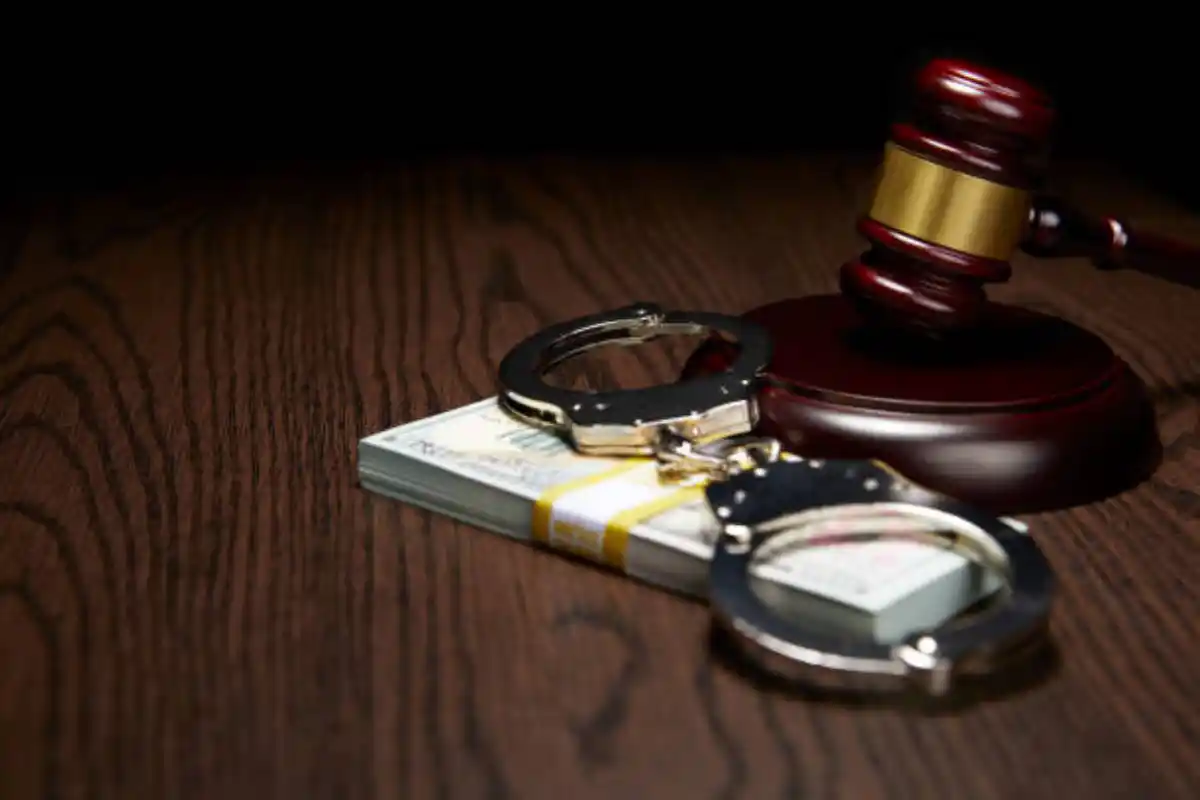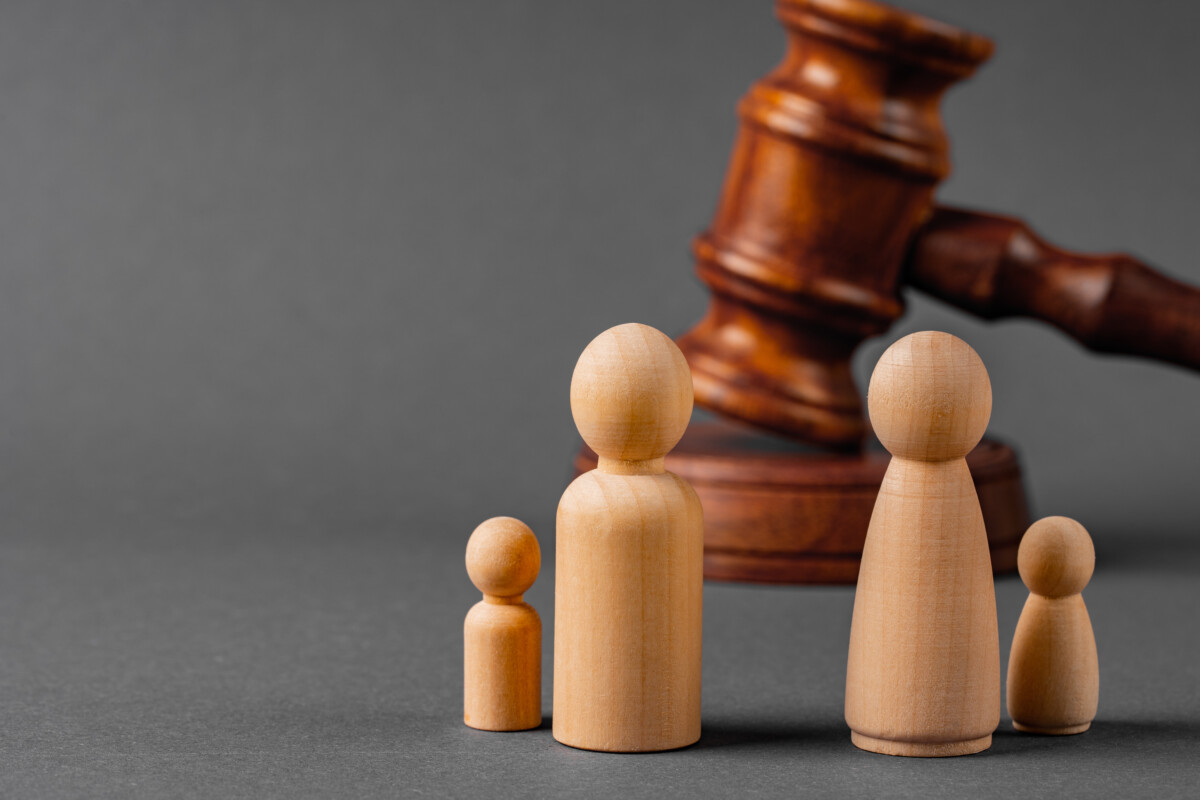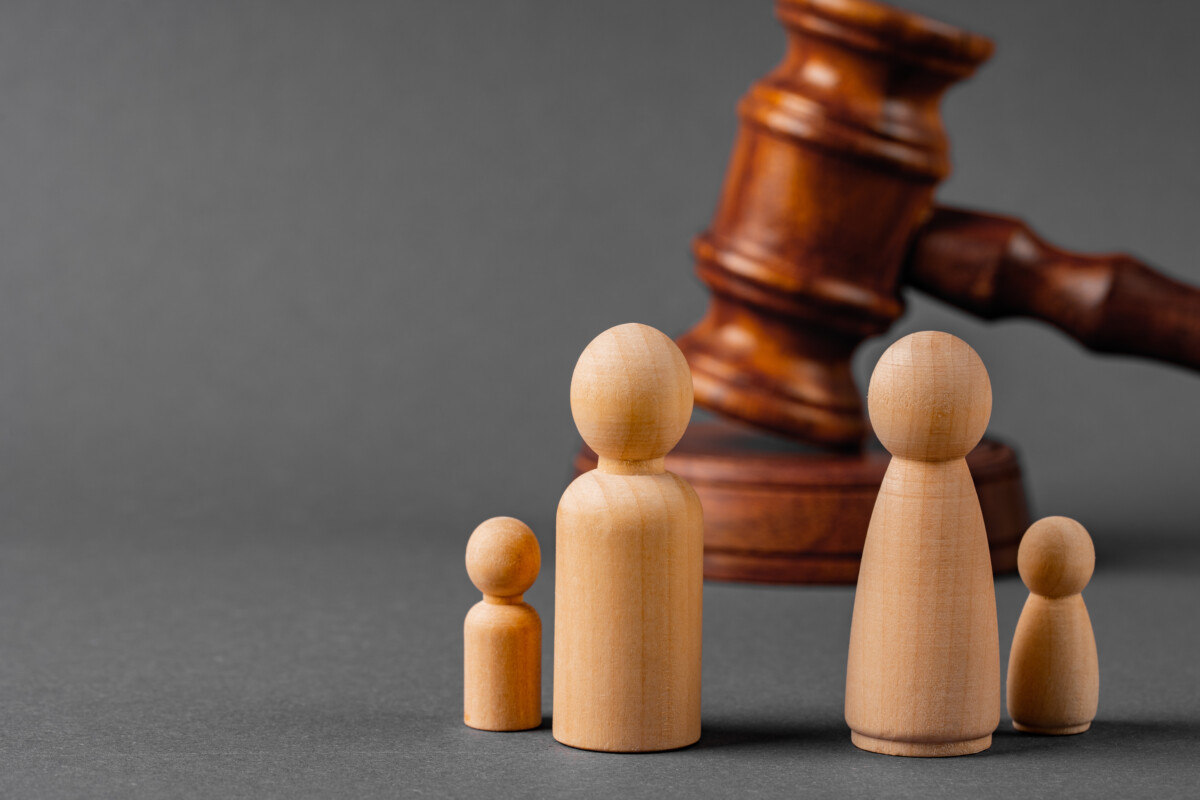How a DUI Defense Lawyer Can Protect Your Driving Privileges?
Being charged with driving under the influence (DUI) can be a distressing and life-altering experience. A DUI conviction can result in severe legal and financial repercussions, including hefty fines, a criminal record, and even jail time. However, one of the most immediate and pressing concerns for individuals facing DUI charges is the potential suspension or revocation of their driver’s license. Losing your driving privileges can significantly disrupt daily responsibilities such as commuting to work, attending school, or fulfilling family obligations.
This is where the expertise of a DUI defense lawyer becomes invaluable. These legal professionals specialize in defending individuals accused of DUI offenses and play a crucial role in safeguarding their clients’ rights. By leveraging their knowledge of DUI laws and employing strategic defenses, a DUI attorney can challenge the prosecution’s case, negotiate lesser penalties, and, in many cases, help clients retain their driving privileges.
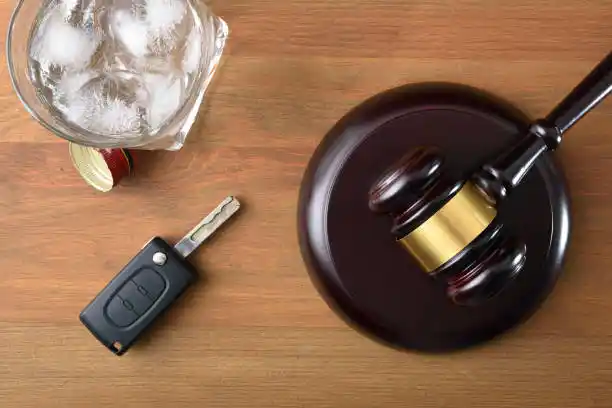
Ready to connect with top legal professionals? Get immediate support— Call us at 877-550-8911.
Connect with Our Legal Team
The Importance of Legal Representation in DUI Cases
DUI laws are intricate, and without proper legal guidance, individuals risk facing the harshest consequences of a conviction. A DUI defense lawyer provides critical support by evaluating the specifics of the case and identifying opportunities to challenge the charges. Some of the key ways in which a lawyer can assist include:
1. Challenging the Legality of the Traffic Stop
Law enforcement officers must have probable cause to pull over a driver. If the officer did not have a valid reason for initiating the traffic stop, any evidence collected, including breathalyzer and field sobriety test results, may be deemed inadmissible in court. A skilled DUI attorney will meticulously review the details of the traffic stop to determine whether the defendant’s constitutional rights were violated.
2. Questioning the Accuracy of Sobriety Tests
Breathalyzer and field sobriety tests are commonly used to determine a driver’s level of impairment. However, these tests are not always reliable. Factors such as improper calibration, administration errors, and medical conditions can lead to inaccurate results. A DUI defense lawyer may work with forensic experts to challenge the validity of the test results, potentially leading to a reduction or dismissal of charges.
3. Negotiating Favorable Plea Deals
In certain situations, negotiating a plea bargain can be the most effective way to minimize penalties. An experienced DUI attorney may be able to secure reduced charges, such as reckless driving instead of a DUI conviction. This can lead to lesser fines, reduced or no jail time, and a shorter license suspension period.
4. Representing Clients at DMV Hearings
Apart from criminal court proceedings, DUI offenders often face administrative license suspension through the Department of Motor Vehicles (DMV). A DUI defense lawyer can request and represent the defendant in a DMV hearing, advocating for the retention of their driving privileges. Without timely intervention, individuals may face automatic license suspension, making it essential to seek legal counsel as soon as possible.
Key Strategies to Prevent License Suspension
A knowledgeable DUI defense attorney employs various legal strategies to prevent or minimize the suspension of a client’s driver’s license. These strategies include:
1. Contesting the Legality of the Arrest
If the arresting officer lacked reasonable suspicion or probable cause, the entire case could be dismissed. Lawyers carefully examine the police report, dashboard camera footage, and witness testimonies to uncover any procedural errors or rights violations.
2. Disputing Field Sobriety and Breathalyzer Test Results
Field sobriety tests are subjective and prone to errors, while breathalyzers require precise calibration and administration to yield accurate readings. DUI attorneys frequently challenge the credibility of these tests, using scientific evidence and expert testimony to dispute their reliability.
3. Requesting a DMV Hearing Promptly
Most states require DUI defendants to request a DMV hearing within a limited timeframe, typically within 10 days of their arrest. Failure to request a hearing results in automatic license suspension. A lawyer ensures that all necessary paperwork is filed on time and presents a strong case at the hearing to protect the client’s driving privileges.
4. Exploring Alternative Penalties
For first-time offenders, alternative sentencing options may be available. A DUI defense attorney can advocate for options such as diversion programs, alcohol education courses, or the issuance of a restricted license that permits essential driving, such as commuting to work or attending medical appointments.
Consequences of a DUI Conviction
A DUI conviction can have serious and long-lasting repercussions, affecting various aspects of an individual’s life. Some of the most common consequences include:
1. License Suspension or Revocation
Depending on the severity of the offense and prior convictions, a driver’s license may be suspended for several months to multiple years. In some cases, repeat offenders may face permanent revocation of their driving privileges.
2. Increased Auto Insurance Rates
Insurance companies consider DUI convictions as high-risk indicators, often resulting in significantly higher premiums. Some insurers may even refuse coverage to individuals with a DUI on their record.
3. Permanent Criminal Record
A DUI conviction remains on a person’s criminal record, potentially affecting job prospects, housing opportunities, and professional licensing. Certain employers and industries have strict policies regarding employees with criminal records, making it crucial to avoid a conviction whenever possible.
4. Ignition Interlock Device Requirement
Some states mandate the installation of an ignition interlock device (IID) for individuals convicted of DUI offenses. These devices require the driver to pass a breathalyzer test before starting the vehicle, adding an inconvenience and financial burden to the offender.
For more insights on legal strategies, visit Legal Case Review.
How Plea Bargains Can Impact Driving Privileges?
A well-negotiated plea bargain can significantly reduce the consequences of a DUI charge. Instead of a full DUI conviction, a lawyer may be able to negotiate:
- Reduced Charges: Pleading to a lesser charge, such as reckless driving, carries fewer penalties than a DUI conviction.
- Shorter License Suspension: Some plea deals allow drivers to regain restricted driving privileges sooner than they would with a DUI conviction.
- Avoidance of Jail Time: In some cases, probation, community service, or alcohol education courses may replace incarceration.
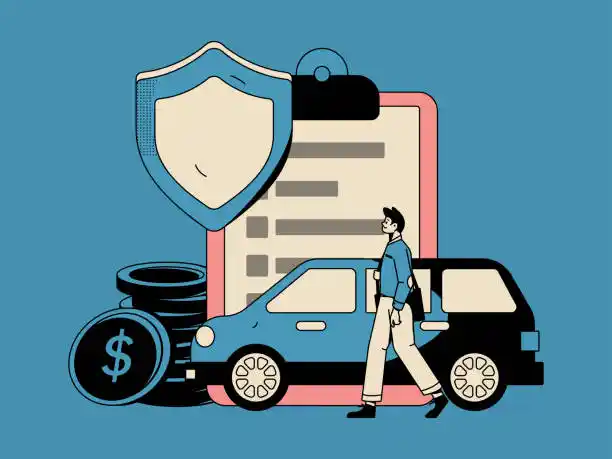
Navigating the DMV Process with a DUI Lawyer
The DMV operates separately from the criminal court system, handling the administrative aspect of license suspension. A DUI attorney can:
- File the necessary paperwork to request a hearing.
- Present evidence to contest the suspension.
- Advocate for a restricted or hardship license if full suspension is unavoidable.
According to a study by the NHTSA, proper legal representation significantly improves outcomes in DUI cases.
Choosing the Right DUI Defense Lawyer
Not all attorneys are equally skilled in DUI defense. When selecting a lawyer, consider the following factors:
- Experience: Choose a lawyer with a strong track record in handling DUI cases.
- Success Rate: Review past case outcomes, including dismissals and reduced charges.
- Client Testimonials: Read reviews and testimonials from previous clients to gauge the attorney’s effectiveness.
- Transparency: Ensure the lawyer clearly explains their fees, legal strategy, and expected case outcomes.
FAQs
1. Can a DUI defense lawyer get my charges dismissed?
Yes, a lawyer may secure a case dismissal if there are procedural errors, lack of probable cause, or unreliable evidence.
2. How soon should I hire a DUI lawyer after an arrest?
Immediately, most states require a DMV hearing request within 10 days to prevent automatic suspension.
3. Will I lose my license after a first-time DUI?
It depends on the state, but a lawyer can often negotiate alternatives like a restricted license.
4. Can I represent myself in a DUI case?
While it is possible, it is highly discouraged due to the complexity of DUI laws and severe consequences.
5. What’s the difference between a DMV hearing and a criminal trial?
A DMV hearing determines license suspension, while a criminal trial addresses fines, jail time, and other penalties.
Don’t wait to secure the legal representation you deserve. Visit Legal Case Review today for free quotes and tailored guidance, or call 877-550-8911 for immediate assistance.
